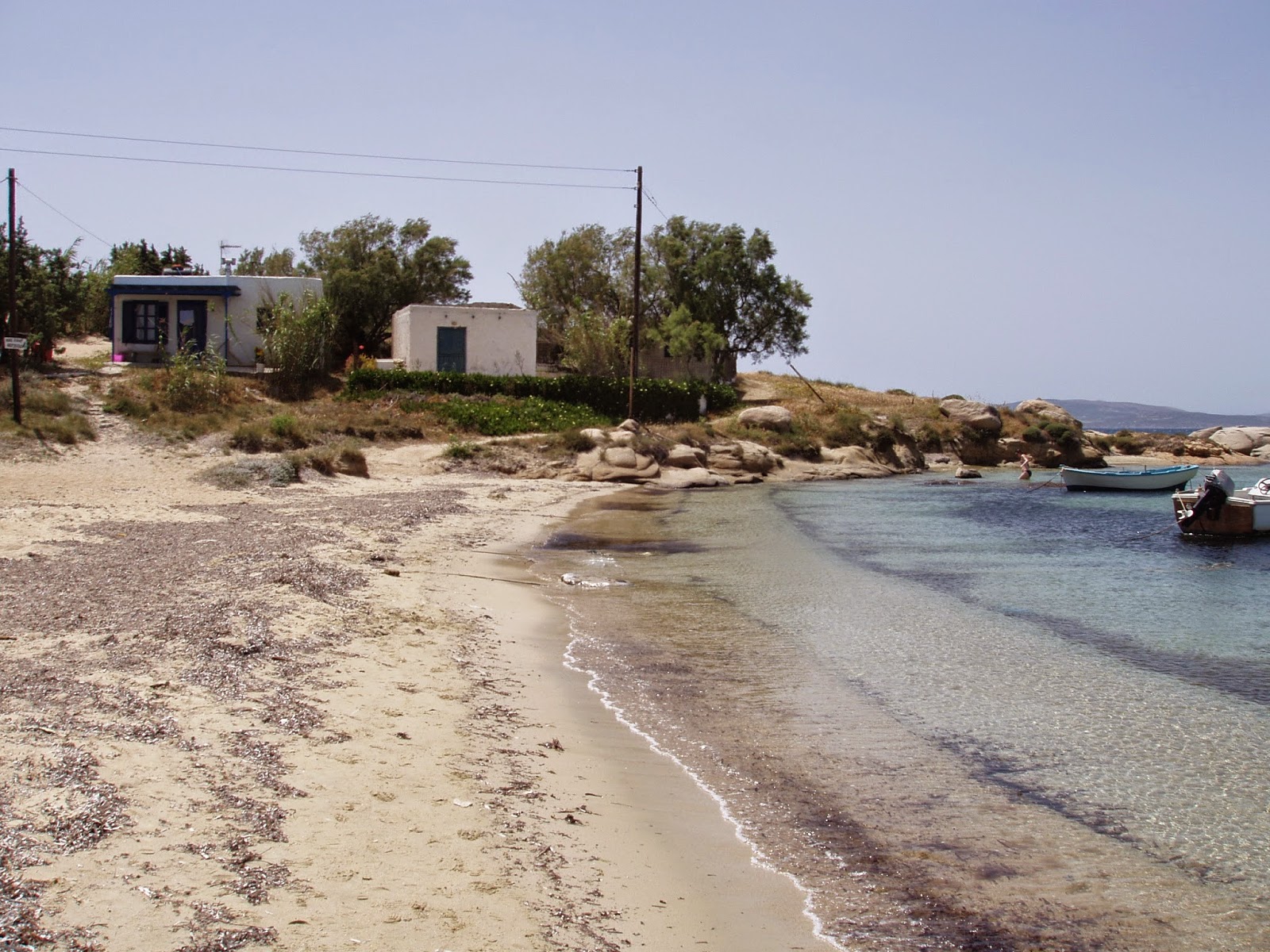Modern Greek has two different types of personal pronouns:
- A. the strong type
- B. the weak type
Personal pronouns are used to denote the three grammatical persons:
- 1. the first person, singular and plural
- 2. the second person, singular and plural
- 3. the third person, singular and plural, masculine, feminine and neuter
The strong type
Singular - Ενικός Αριθμός
| cases | 1st person | 2nd person | 3rd pers.masc. | 3rd pers.fem. | 3rd pers.neut. |
|---|---|---|---|---|---|
| 1st | εγώ | εσύ | αυτός | αυτή | αυτό |
| 2nd | μού/μου | σού/σου | αυτού | αυτής | αυτού |
| 4th | εμένα/με | εσένα/σε | αυτόν | αυτήν | αυτό |
Plural - Πληθυντικός Αριθμός
| cases | 1st person | 2nd person | 3rd pers.masc. | 3rd pers.fem. | 3rd pers.neut. |
|---|---|---|---|---|---|
| 1st | εμείς | εσείς | αυτοί | αυτές | αυτά |
| 2nd | μάς/μας | σάς/σας | αυτών | αυτών | αυτών |
| 4th | εμάς/μας | εσάς/σας | αυτούς | αυτές | αυτά |
In MG the personal pronouns are omitted in most of the circumstances. The verb endings clarify that the subject has been put in the first, second or third person singular or plural:
«(εγώ) γράφω», «(εσύ) γράφεις» - I write, you write
The weak type
Singular - Ενικός Αριθμός
| cases | 1st person | 2nd person | 3rd pers.masc. | 3rd pers.fem. | 3rd pers.neut. |
|---|---|---|---|---|---|
| 1st | τος | τη | το | ||
| 2nd | μου | σου | του | της | του |
| 4th | με | σε | τον | τη(ν) | το |
Plural - Πληθυντικός Αριθμός
| cases | 1st person | 2nd person | 3rd pers.masc. | 3rd pers.fem. | 3rd pers.neut. |
|---|---|---|---|---|---|
| 1st | τοι | τες | τα | ||
| 2nd | μας | σας | τους | τους | τους |
| 4th | μας | σας | τους | τις/τες | τα |
The weak form of the personal pronouns is used more often than the strong form. They have one syllable without accent and are used when nothing has to be emphasized
(For a detailed explanation see the Personal Pronouns link on the right side)







